Picnics and Other Outdoor Feasts
This is a book for any season and any climate. It is a book to cook from and a book to read and the re-issue of this classic will be welcomed by all lovers of Claudia Roden’s writings.
Picnics reveals a world of simply prepared and delicious foods and stimulates the imagination with tales from far and near in Claudia Roden’s elegant, discursive style. It offers the conventional and the exotic: from the street food of the Middle East and Mediterranean, the festivals of the high grassy plains of Mexico to the English traditions of picnicing in parks, at Glyndebourne and shooting-lunches on the moors.
Claudia Roden is the one of the U.K.’s leading food writers, her New Book of Middle Eastern Food is now regarded as a classic work and her Book of Jewish Food won both the Andre Simon and Glenfiddich Awards. She has won no less than 5 Glenfiddich Awards and has recently won the prestigious Prince Claus Award for achievement in culture. She lives in London.
‘It really is the bible of outdoor eating.’
Mail on Sunday
‘…the perfect summer companion.’
The Guardian
‘Every conceivable flight of picnic fancy has been catered for…it’s worth every penny of its price and should inspire a picnic revival. It’s also a good read.’
Time Out
Tabbouleh (cracked wheat salad), Lemon Chicken
Tabbouleh (cracked wheat salad)
This Lebanese salad, which now has an international reputation is refreshing on a summer’s day with its abundance of chopped parsley and its lemon and minty flavour. It is the traditional accompaniment to kibbeh naye. In the mountain villages of Lebanon freshly picked sharp vine leaves are passed around to scoop up the salad. In towns the pale crisp leaves from the heart of the cos lettuce are provided.
150g (5 oz) burghul (cracked wheat or bulgur), 150g (5 oz) spring onions or mild Spanish onions (finely chopped), 3 tomatoes (chopped), 100g (4 oz) parsley (finely chopped), a few sprigs of fresh mint (finely chopped) or 2 tablespoons dried mint, 6-8 tablespoons olive oil, juice of 1 ½ lemons or more to taste, salt and pepper to taste.
For serving: Vines leaves, lightly poached, or fresh cos lettuce leaves.
Soak the burghul in cold water for 10 minutes. (There is much controversy about this time.) Drain well and put in a large bowl with all the other ingredients. Prepare at least an hour before serving to allow the wheat to absorb the dressing and become plump and tender.
Serve in individual plates lined with vine leaves or lettuce leaves. Place a bowl of firm young lettuce leaves to use as scoops for the salad on the table.
Lemon Chicken
In a large heavy saucepan, heat 3 tablespoons of oil with 1 teaspoon of turmeric, 2 crushed cloves of garlic, 1 cracked cardamom pod, the juice of 1 whole lemon and half a glass of water. Put the chicken in the pan, add salt and pepper, and cook very slowly over low heat. Turn the chicken often, adding a little water to keep it moist and to have enough sauce at the end of the cooking when the chicken is tender (about an hour). Cut into pieces and remove the skin and some of the larger bones. Arrange in a box and pour the sauce over it.
A Middle Eastern Affair
Some of my happiest childhood memories are of picnics in Egypt. My favourite was on the dunes of Agami in Alexandria. It was timed to coincide with the arrival of migrating quails on the beaches. The birds fell exhausted, to be caught in large nets and collected in baskets. They were cleaned and marinated in a rich cumin and coriander sauce and grilled on the beach over small fires. Fresh Arab bread was bought from the vendors who sang their wares on the beaches and played odds and even for a handful of pistachios or peanuts. The hollow rounds of bread were cut in half, opened out and placed under the birds to catch their flavoursome juices; then the quails were gathered in them to be eaten as a sandwich, soft bones and all. Water-melons and pieces of coconut and sweet nutty pastries, bought from the vendors, ended the meal.
Another popular picnic spot was near a small dam we called simply le barrage. We would bring large quantities of ful medames (Egyptian brown beans) in giant saucepans, on top of which were embedded shelled eggs which had been boiled gently for many hours with onion skins until they became light brown and their yolks creamy. A large box lined with foil held a salad of coarsely chopped tomatoes, cucumbers, cos lettuce, spring onions with parsley and fresh coriander leaves.
The beans were warmed up over a primus stove while we unrolled our rugs and settled down in expectation of the ‘gala-gala’, a magician who invariably produced baby chicks out of metal cups and eggs out of noses. We filled pouches of bread with the beans and sprinkled them with olive oil and a squeeze of lemon. Some people liked to add a crushed clove of garlic. We placed an egg cut in four in each portion, pressed down the beans and topped them with salad. A basket of fruit was followed by a variety of pastries filled with pistachio nuts, almonds, walnuts and dates, scented lightly with rose water and orange blossom water.
In an area, which harbours many of nomadic ancestry and over which the sun shines constantly, eating out is a way of life. There are even official occasions for picnics.
Among these are the ‘mulids’ when people flock to the principal scenes of religious festivals, public gardens, shrines, tombs of saints and burial grounds. Thousands gather sometimes for days and nights, sleeping under tents. Dervishes perform and itinerant entertainers recite ancient romances of unrequited love and ‘crime passionnel’. Conjurers no longer astonish with their age old tricks but people watch enthralled. They laugh at the buffoons and admire the acrobat’s skill with the same pleasure that children have in listening to the same bedtime stories for years, noticing every little addition and new twist to the plot. Stick dancers, white robes flowing and turbans swaying, simulate a fight. Food is prepared for the whole period of the festival. It can be supplemented from the numerous stalls, erected with the swings and whirligigs, which sell falafels, kebabs, pastries and sweetmeats and stay open all night, lit up by lanterns. When the festival is over and the tents and stalls are taken down, cracked egg shells, dyed red or yellow to bring joy and happiness, limp lettuce leaves and discarded empty melon seeds carpet the areas of activity.
The most important of the national picnics in Egypt is not a religious occasion. It is Shem en Nesseem, which celebrates the arrival of spring. Town dwellers go out in the country or in boats, generally northwards, eating out in the fields or on the river bank, smelling the air which is thought to be particularly beneficial on that day. The main traditional food of the occasion is fessikh, a salted cured fish.
But no one waits for an official occasion.
In the Levant a picnic is not for the silent enjoyment of nature. You are too busy and too merry to notice the sea, the mountain or the river bank. The rule is the larger the group the better the picnic. The more for backgammon and cards. The more there are to tell jokes, the wealthier the gossip. The more there are that will sing and dance and the more dishes to choose from.
Few occasions can satisfy at the same time the convivial Arab spirit, the pleasure of being entertained and the legendary hospitality, as a picnic does. You are generous host and joyous guest at the same time, and the ultimate aim, to please, is developed to the point of an art in the contents of the picnic basket.
What one eats, as an enthusiast put it, is ‘anything without a sauce that is easily transportable, that can be eaten cold, or that is not too difficult to heat up’. And that does not leave very much out, for the open air gourmets will stop at nothing, armed with giant pans and primus stoves, to bring their food for a picnic.
Relatives, friends and neighbours are invited to join a party. Each family announces what it will contribute – usually its own favourite, one that is hoped will be appreciated above all others, supplemented by a last minute surprise dish. There must be enough to serve at least one portion to each person present. Generosity must be boundless: honour is at stake. Even those who live frugally will surpass themselves in preparing a variety of delicacies.


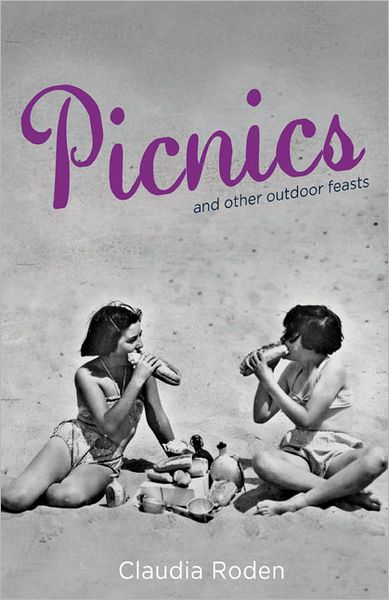


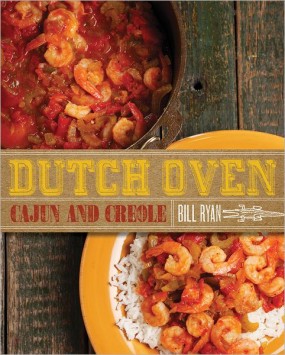
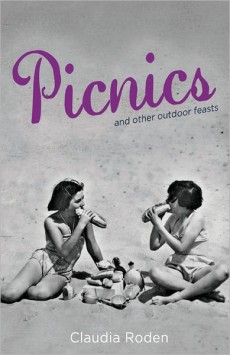
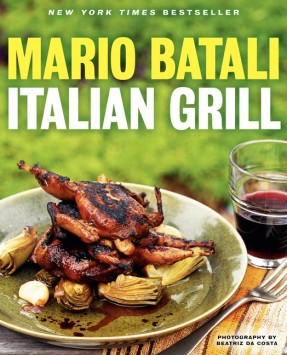
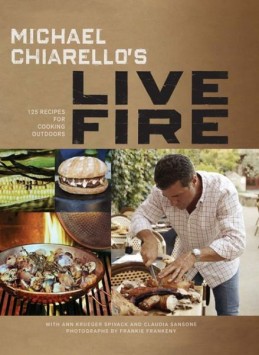
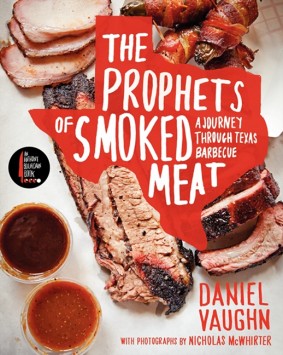
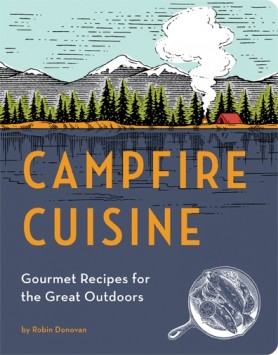
Leave a Reply